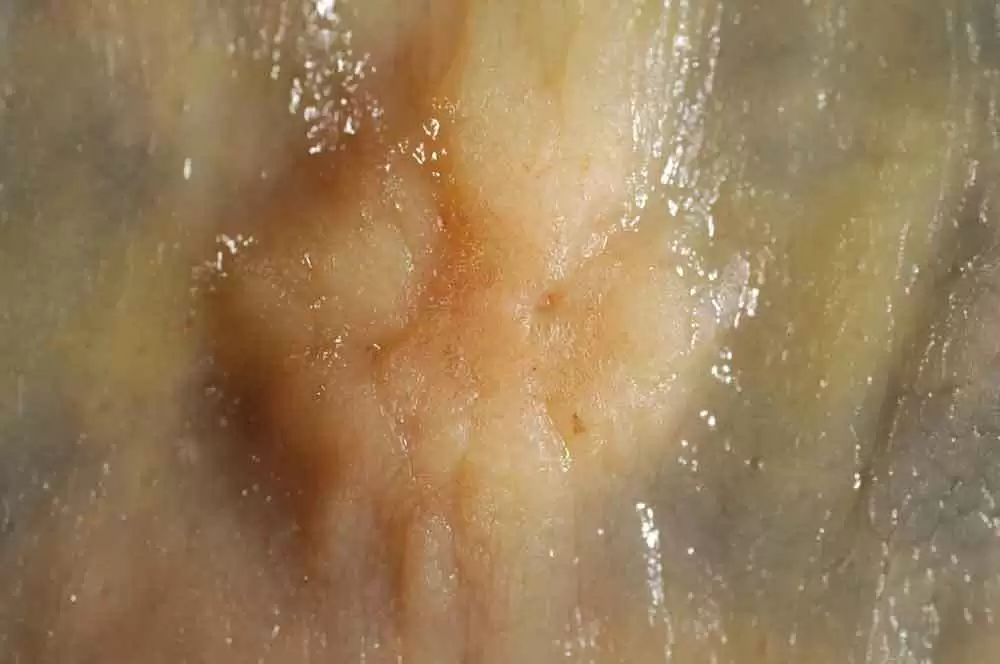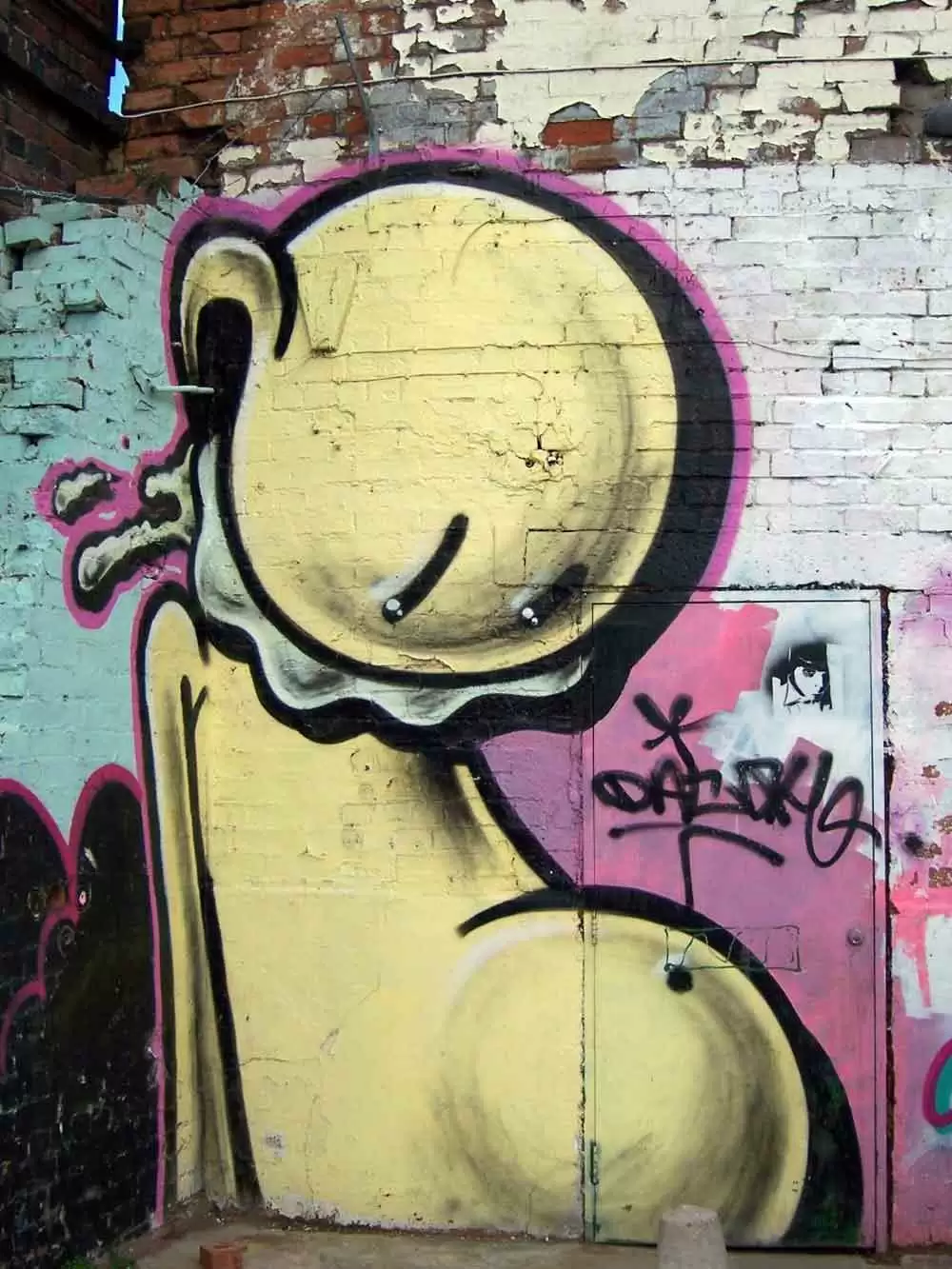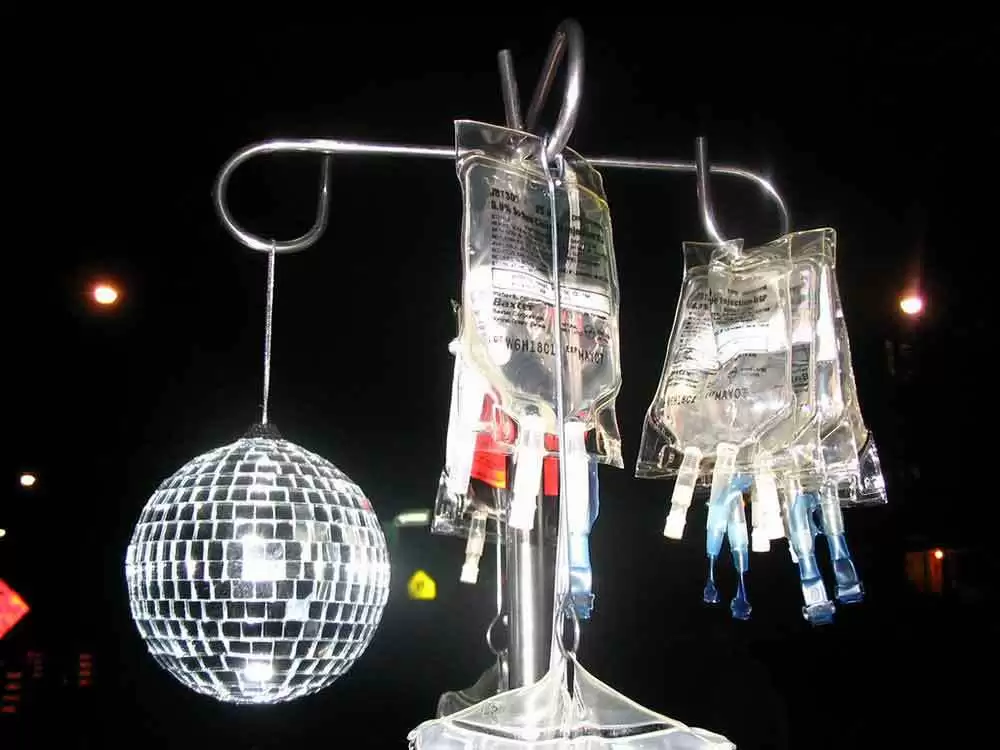
Celiac.com 04/28/2020 - People who suffer from small bowel adenocarcinomas (SBAs) usually have poor outcomes, and face limited treatment options. Programmed cell death protein-1 (PD-1)/programmed cell death ligand 1 (PD-L1) pathway blockade is an effective treatment in many micro-satellite instability-high (MSI-H) solid tumors.
A team of researchers recently set out to investigate PD-L1 and PD-1 expression in non-hereditary, non-ampullary SBAs, associated with celiac disease, Crohn’s disease, or sporadic, recruited through the Small Bowel Cancer Italian Consortium.
Celiac.com Sponsor (A12):
The researchers assessed PD-L1 and PD-1 by immunohistochemistry in a series of 121 surgically resected SBAs, including 34 celiac disease-SBAs, 49 CrD-SBAs, and 38 sporadic SBAs. They found that expression of PD-L1 and PD-1 correlated with a number of clinico-pathological factors, such as the origin, microsatellite instability status, and tumor-infiltrating lymphocyte (TIL) density. The combined positive score (CPS) showed PD-L1 rates of 26% in the whole cohort of SBAs, with 35% in both celiac disease-SBAs and CrD-SBAs, compared with just 5% in sporadic SBAs.
Combined positive scores equal to or greater than 1 SBAs were found in 41% of MSI-H cases (41%), compared with just 18% of non-MSI-H cases; however, the team also found 15 CPS equal to or greater than 1 micro-satellite stable SBAs. CPS ≥ 1 SBAs showed higher TIL and PD-1+ immune cell density, more often medullary histotype, as well as a better outcome in comparison with CPS < 1 cases.
This study shows higher rates of PD-L1+ in both celiac disease-SBAs and CrD-SBAs compared with sporadic SBAs. Moreover, the discovery of a subset of PD-L1+ micro-satellite stable SBAs suggests that it will be beneficial to discover more biomarkers to immune checkpoint inhibitor response, along with MSI-H.
Read more in Modern Pathology (2020)
The research team included Paolo Giuffrida and Giovanni Arpa, Federica Grillo, Catherine Klersy, Gianluca Sampietro, Sandro Ardizzone, Paolo Fociani, Roberto Fiocca, Giovanni Latella, Fausto Sessa, Antonietta D’Errico, Deborah Malvi, Claudia Mescoli, Massimo Rugge, Gabriella Nesi, Stefano Ferrero, Daniela Furlan, Gilberto Poggioli, Fernando Rizzello, Maria C. Macciomei, Donatella Santini, Umberto Volta, Roberto De Giorgio, Giacomo Caio, Antonio Calabrò, Carolina Ciacci, Maria D’Armiento, Aroldo Rizzo, Gaspare Solina, Michele Martino, Francesco Tonelli, Vincenzo Villanacci, Renato Cannizzaro, Vincenzo Canzonieri, Ada M. Florena, Livia Biancone, Giovanni Monteleone, Roberto Caronna, Antonio Ciardi, Luca Elli, Flavio Caprioli, Maurizio Vecchi, Renata D’Incà, Fabiana Zingone, Anna D’Odorico, Marco Vincenzo Lenti, Barbara Oreggia, Luca Reggiani Bonetti, Marco Astegiano, Elena Biletta, Laura Cantoro, Antonino G. Giannone, Augusto Orlandi, Claudio Papi, Vittorio Perfetti, Erica Quaquarini, Giancarlo Sandri, Marco Silano, Paolo Usai, Valeria Barresi, Rachele Ciccocioppo, Ombretta Luinetti, Paolo Pedrazzoli, Andrea Pietrabissa, Alessandra Viglio, Marco Paulli, Gino R. Corazza, Enrico Solcia, Alessandro Vanoli & Antonio Di Sabatino.
The researchers are variously affiliated with the Anatomic Pathology ASL Biella, Biella, Italy; the Department of Internal Medicine, University of Pavia and Fondazione IRCCS San Matteo Hospital, Pavia, Italy; the Anatomic Pathology Unit, Department of Molecular Medicine, University of Pavia and Fondazione IRCCS San Matteo Hospital, Pavia, Italy; the Department of Biopathology and Image Diagnostics, University of Tor Vergata, Rome, Italy; the Department of Experimental, Diagnostic and Specialty Medicine (DIMES), Institute of Oncology and Transplant Pathology, University of Bologna, St. Orsola-Malpighi Hospital, Bologna, Italy; the Department of Internal Medicine, University of Pavia and Fondazione IRCCS San Matteo Hospital, Pavia, Italy; the Department of Gastroenterology, Centro di Riferimento Oncologico (CRO) di Aviano IRCCS, Aviano, Italy; the Department of Medical and Surgical Sciences, University of Bologna, Bologna, Italy; the Department of Medicine and Surgery, University of Salerno, Salerno, Italy; the Department of Systems Medicine, University of Tor Vergata, Rome, Italy; the Department of Surgical Sciences, La Sapienza University, Rome, Italy; the Department of Surgery, General Surgery II, University of Pavia and Fondazione IRCCS San Matteo Hospital, Pavia, Italy; the Department of Internal Medicine, University of Pavia and Fondazione IRCCS San Matteo Hospital, Pavia, Italy; the Department of Radiological, Oncological, Pathological Sciences, Umberto I Hospital, La Sapienza University, Rome, Italy; the; the Gastroenterology and Endoscopy Unit, Fondazione IRCCS Ca’ Granda Ospedale Maggiore Policlinico, Milan, Italy; the Gastroenterology Section, Department of Surgery, Oncology and Gastroenterology, University of Padua, Padua, Italy; the Gastroenterology Unit, USL Umbria 1, Perugia, Italy; the Pathologic Anatomy Unit, Department of Health Promotion, Mother and Child Care, Internal Medicine and Medical Specialties, University of Palermo, Palermo, Italy; the General Surgery Unit, Ca’ Granda-Ospedale Maggiore Policlinico, Milan, Italy; the Section of Pathology, Department of Diagnostic Medicine and Public Health, University of Modena and Reggio Emilia, Modena, Italy; the General and Specialistic Surgery, Città della Salute e della Scienza-Molinette Hospital, Turin, Italy; the Gastroenterology Unit, Department of Medicine, AOUI Policlinico G.B. Rossi, University of Verona, Verona, Italy; the Department of Internal Medicine, University of Pavia and Fondazione IRCCS San Matteo Hospital, Pavia, Italy; the IBD Unit, San Filippo Neri Hospital, Rome, Italy; the Internal Medicine Unit, S.S. Annunziata Hospital, ASST-Pavia, Varzi, Italy Medical Oncology Unit, IRCCS ICS Maugeri and Department of Internal Medicine and Therapeutics, University of Pavia, Pavia, Italy; the Oncology Unit, IRCCS San Matteo Hospital, Pavia, Italy; the Clinical Nutrition Unit, Sant’Eugenio Hospital, Rome, Italy; the Division of Pathology, Fondazione IRCCS Ca’ Granda Ospedale Maggiore Policlinico, Department of Biomedical, Surgical and Dental Sciences, University of Milan, Milan, Italy; the Department of Diagnostics and Public Health, Section of Anatomical Pathology, University and Hospital Trust of Verona, Verona, Italy; the Department of Internal Medicine, University of Cagliari, Cagliari, Italy; the Pathology Unit of the Centro di Riferimento Oncologico (CRO) di Aviano IRCCS, Aviano, Italy; the Department of Medical, Surgical and Health Sciences, University of Trieste, Trieste, Italy; the Pathology Unit of the Department of Surgical and Diagnostic Sciences, University of Genoa and San Martino/IST University Hospital, Genoa, Italy; the Biometry and Statistics Service, Fondazione IRCCS San Matteo Hospital, Pavia, Italy; the Surgery of the Alimentary Tract, Department of Medical and Surgical Sciences, Sant’Orsola—Malpighi Hospital, University of Bologna, Bologna, Italy; the Institute of Pathology, Spedali Civili Hospital, Brescia, Italy; the Pathologic Anatomy Unit, Department of Health Promotion, Mother and Child Care, Internal Medicine and Medical Specialties, University of Palermo, Palermo, Italy; the Pathology Unit, Department of Medicine and Surgery, University of Insubria, Varese, Italy; the Pathology Unit, San Camillo-Forlanini Hospital, Rome, Italy; the Public Health Department at Federico II University of Naples, Naples, Italy; the Department of Surgery and Translational Medicine, University of Florence, Florence, Italy; the Units of Pathology, Cervello Hospital, Palermo, Italy; the Units of General Surgery, Cervello Hospital, Palermo, Italy; the Unit of IBD Surgery, Luigi Sacco University Hospital, Milan, Italy; the Gastroenterology Unit, Luigi Sacco University Hospital, Milan, Italy; the Pathology Unit, Luigi Sacco University Hospital, Milan, Italy; and the Unit of Human Nutrition and Health, Istituto Superiore di Sanità, Rome, Italy.









Recommended Comments
There are no comments to display.
Create an account or sign in to comment
You need to be a member in order to leave a comment
Create an account
Sign up for a new account in our community. It's easy!
Register a new accountSign in
Already have an account? Sign in here.
Sign In Now